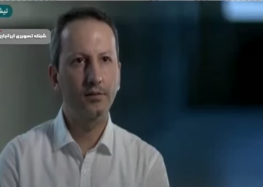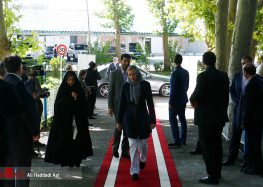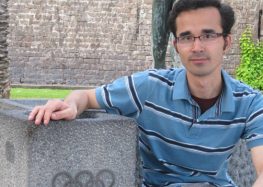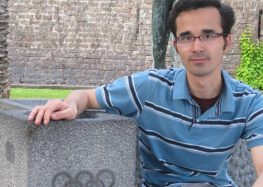Unjustly Imprisoned Young Physicist Granted Conditional Release After Five Years
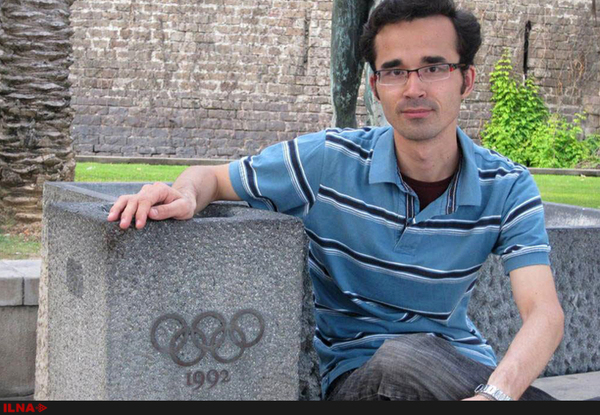
Omid Kokabee’s Release Comes After Months Struggling with Kidney Cancer That Was Left Untreated in Prison
August 29, 2016—Imprisoned Iranian scientist Omid Kokabee, who spent more than five years in Evin Prison for refusing to work on Iran’s military projects, was granted conditional release on August 29, 2016. Kokabee, currently on medical leave, was diagnosed with kidney cancer this past April after years of being denied proper medical treatment by prison authorities.
The International Campaign for Human Rights in Iran calls on the Iranian Judiciary to immediately allow Kokabee to leave the country if he so wishes, so that he may continue his interrupted scientific studies and career.
Kokabee’s academic studies as a post-doctoral physics student at the University of Texas were abruptly halted when he was arrested in Iran in 2011 during a visit to his family.
“While we welcome the decision to release Omid Kokabee after he unjustly spent more than five years in prison, his release does not compensate for the pain he endured during these years and the severely damaged health he suffered as a result of prison conditions,” said Hadi Ghaemi, executive director of the Campaign.
“The Judiciary Chief approved a ruling by Branch 36 of the Tehran Appeals Court that says Omid Kokabee qualifies for conditional release and therefore he will not be returning to prison,” Kokabee’s lawyer, Saeed Khalili, told the Iranian Labor News Agency (ILNA).
Khalili added that the ruling had been issued “two or three days” before it was formally delivered in writing on August 28, 2016, according to the Iranian Student News Agency (ISNA).
Kokabee, 34, has been on medical furlough (temporary leave) since May 25, 2016, after undergoing surgery to remove his cancerous kidney.
He was arrested on January 30, 2011 at Tehran’s Imam Khomeini Airport on his way back to the U.S. to continue his studies at the University of Texas at Austin. On May 14, 2012, Kokabee was sentenced to 10 years in prison by the Revolutionary Court presided by Judge Abolqasem Salavati for “contact with enemy states.” The sentence was later upheld on appeal.
Kokabee said in an April 2013 open letter from Evin Prison to Iran’s supreme leader, Ali Khamenei, that he was imprisoned for refusing an offer from the Iranian intelligence establishment to collaborate on a military research project.
During his imprisonment Kokabee’s repeated requests for furlough were denied until he was transferred to a hospital in April 2016 where doctors discovered a large tumor on his right kidney.
Article 502 of Iran’s Criminal Code states: “If a prisoner is suffering from physical or mental illness and his imprisonment would make his illness worse or delay his recovery, the judge can postpone the sentence being served until the prisoner regains his health after consultation with his physician.”
The authorities at Evin Prison also denied repeated requests submitted by Kokabee’s family for temporary leave for the young scientist to receive outside medical treatment even though he was suffering from severe pain and medical complications for years following multiple bouts of kidney stones.
Kokabee was denied access to specialists in a hospital and was instead given painkillers from the prison infirmary until his condition became critical and he was finally taken to a hospital, a source told the International Campaign for Human Right in Iran.
Political prisoners in Iran routinely receive discriminatory treatment, including denial of necessary medical treatment.

